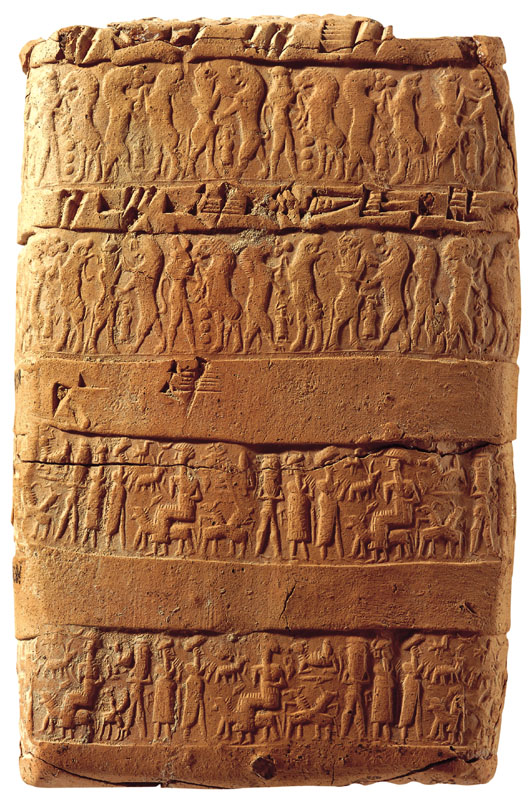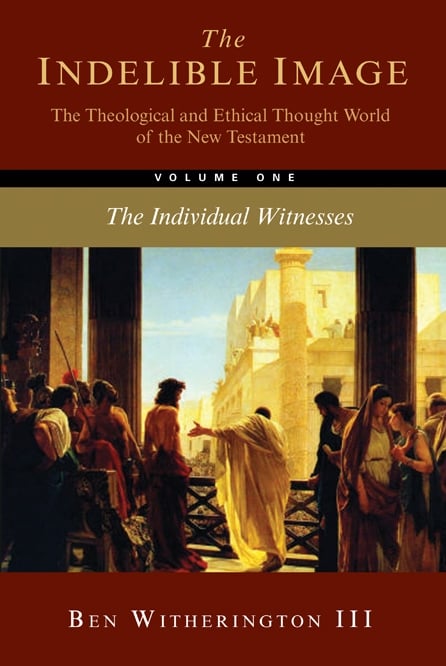
As some of you will know by now, ABC has decided to do a series over the coming weeks on the ten commandments or as they are called in Exodus ‘the ten words’ (of God). Here is the link about this http://abcnews.go.com/Nightline/10Commandments/ten-commandments-series-nightline/story?id=8568402
For some reason not quite clear they have chosen to begin with the prohibition of adultery.
Several important points can be made at this juncture: 1) the writers of the NT do not simply reprise and reaffirm the ten commandments, there are modifications because they believe Christians are under the New Covenant rather than the Mosaic One; 2) neither Jesus nor Paul reaffirm the sabbath commandment, and Paul in particular says in his discussions in Romans (see Rom. 12-14) that each should be persuaded in their own mind as to which day they will worship the Lord on; 3) even when a commandment like the adultery commandment is reaffirmed by Jesus, it is in fact not simply repeated but rather intensified. Jesus seems to have believed that the coming of God’s eschatological Kingdom meant that new occasions prompted a new level of intense devotion and obedience to God. Thus Jesus famously talks about adulterous thoughts, not merely the act of adultery being immoral; 4) in addition Jesus seems to redefine the legal discussions of the matter of adultery, speaking not merely about committing adultery against another man and thus in essence violating his right to his property, but he also speaks of committing adultery with another woman, and thus violating her rights as well. One has to bear in mind that marriage was, amongst other things a property transaction in Jesus’ day, and adultery would be viewed in that context. Jesus however insists of looking at adultery as not merely an illegal act, but also an immoral act both in who it is committed with and who it is committed against. Further, he links the desires and attitudes of the heart with the deed, seeing the former as also the sin of adultery.
One further matter deserves comment here. In Jesus’ famous prohibitions of divorce, there are exception clauses in Mt. 5.32 and Mt. 19.9— the Greek says no divorce except on grounds of porneia. Now this word is different from the Greek word for adultery, which is moixeia. So the exception he is allowing for is not adultery. Porneia in its most basic sense has to do with a porne which is to say with a prostitute. It is the word from which we get the word pornography. So it is possible Jesus is saying no divorce except on grounds of prostitution. It is also possible that porneia in this texts refers to incest, another meaning it regularly has, including elsewhere in the NT. The least likely translation is that porneia is used in its broadest sense of any and all kinds of sexual sin. But this then does not explain the shocked response of the disciples to this pronouncement of Jesus, in Mt. 19. Thus, in conclusion it is a mistake to translate either Mt. 5.32 or 19.9 as reading ‘no divorce except on grounds of adultery/marital unfaithfulness. This is surely not what Jesus is saying, in these verses.

